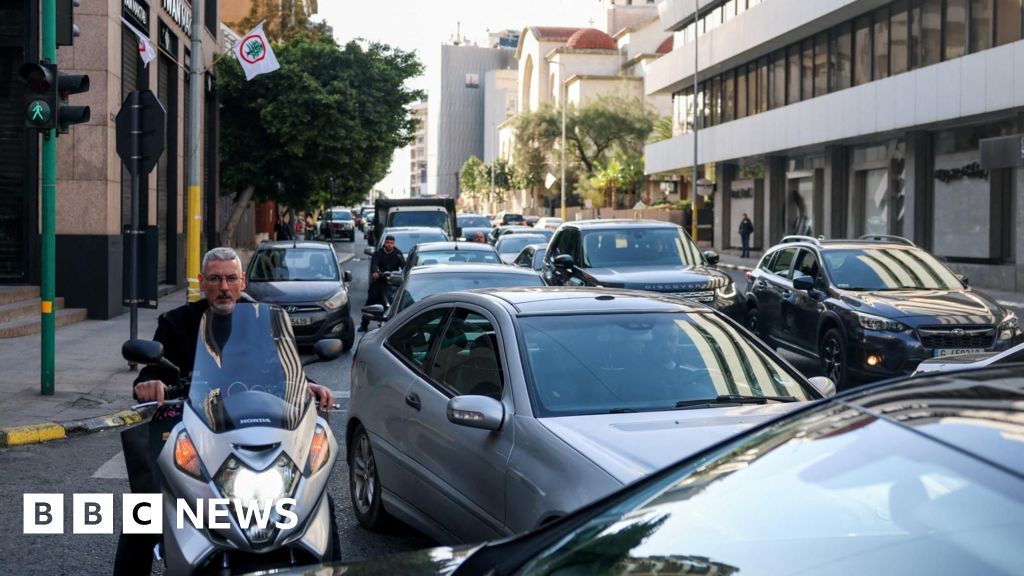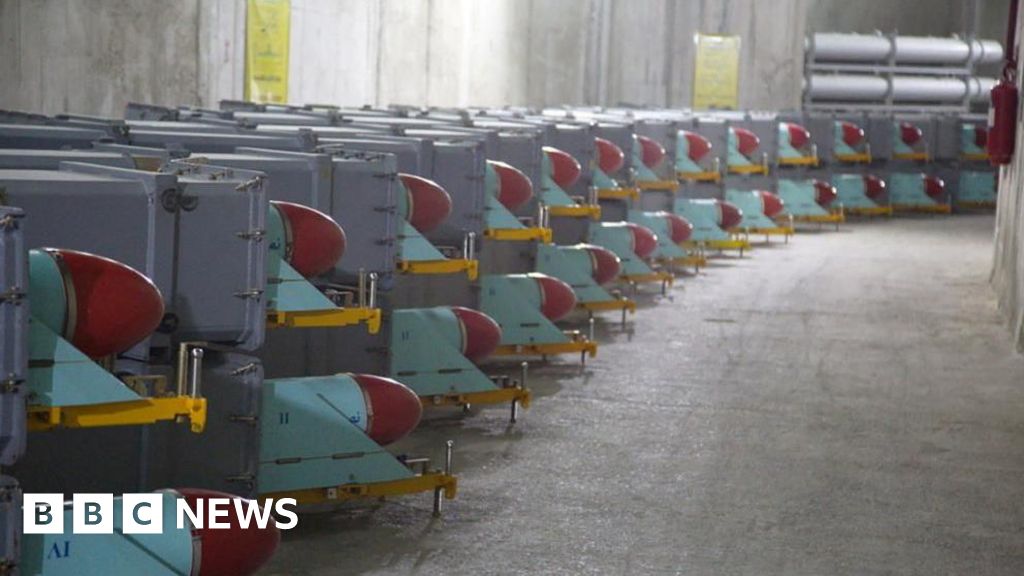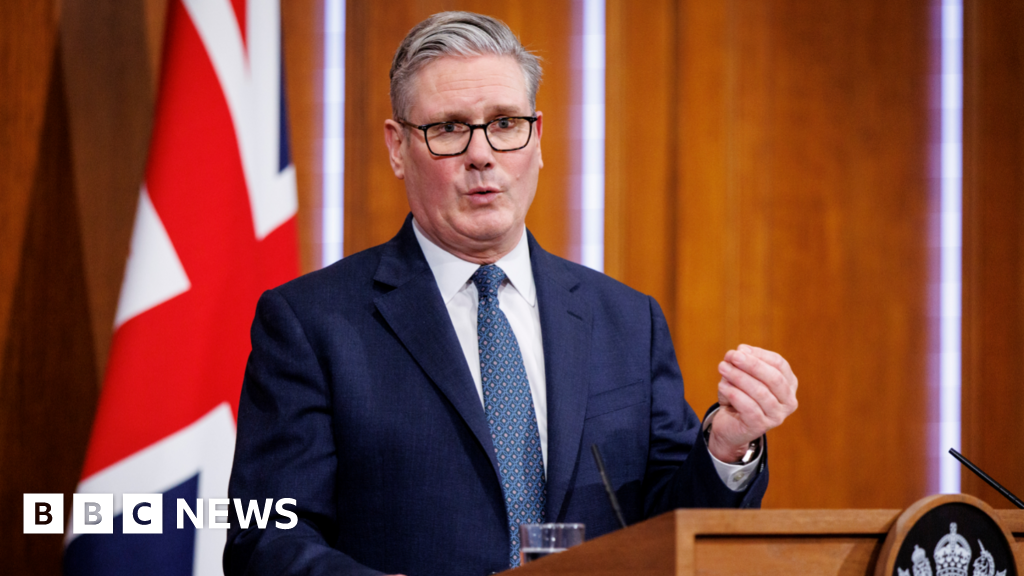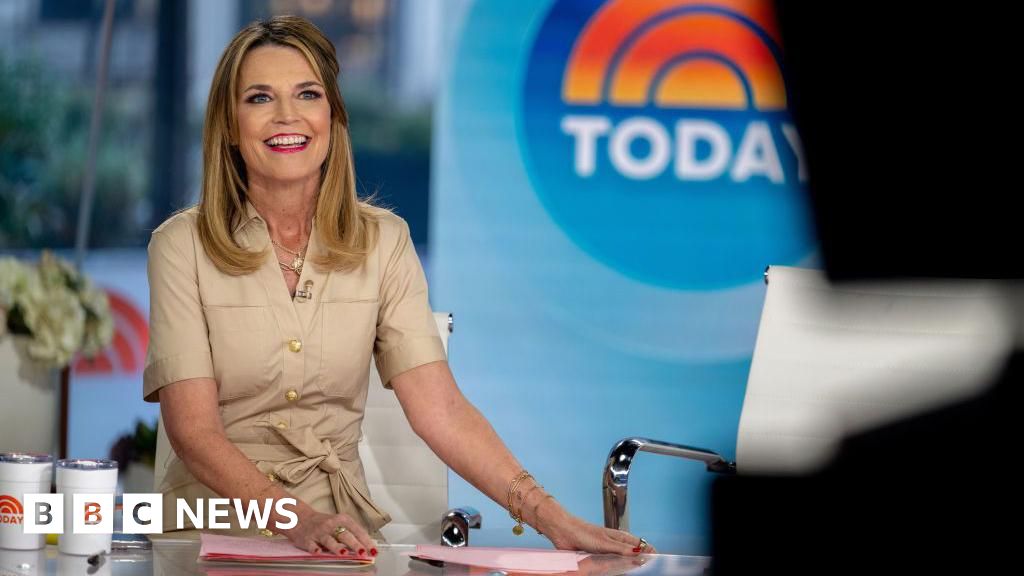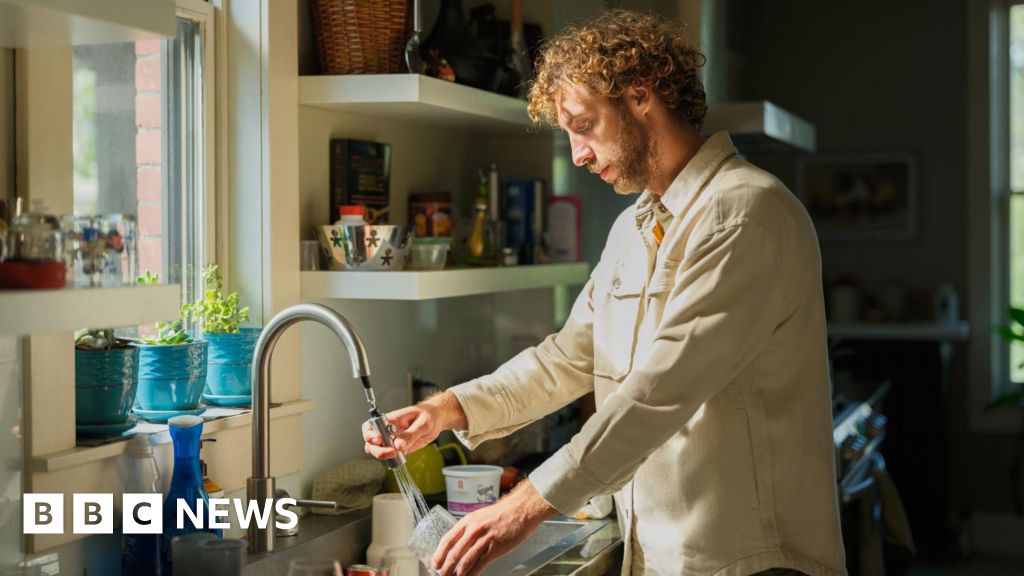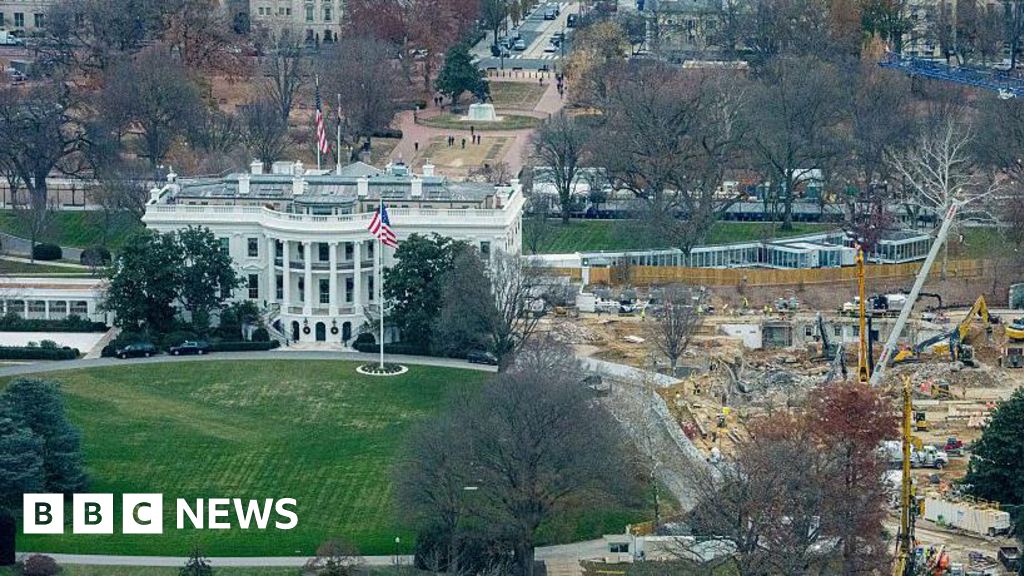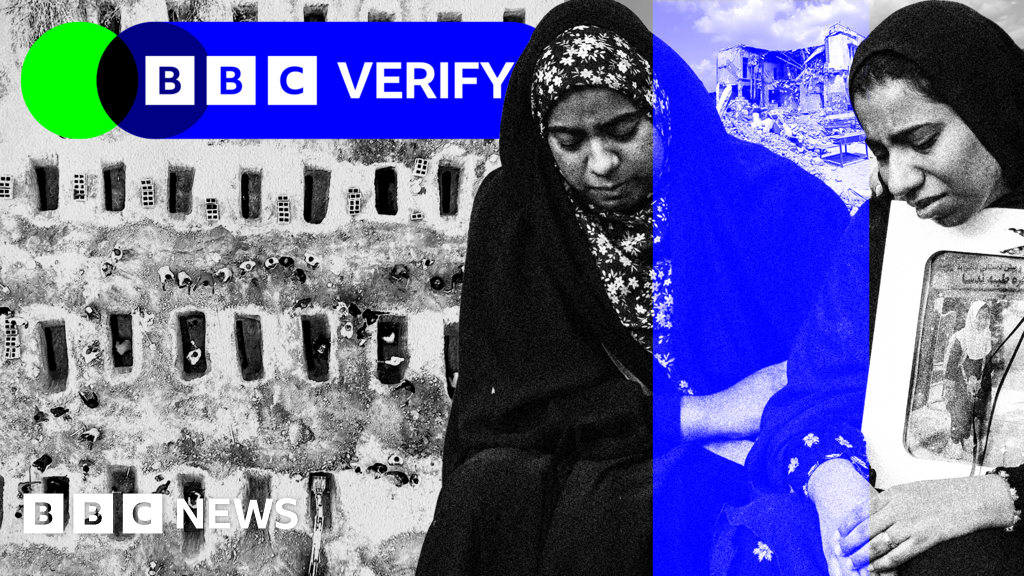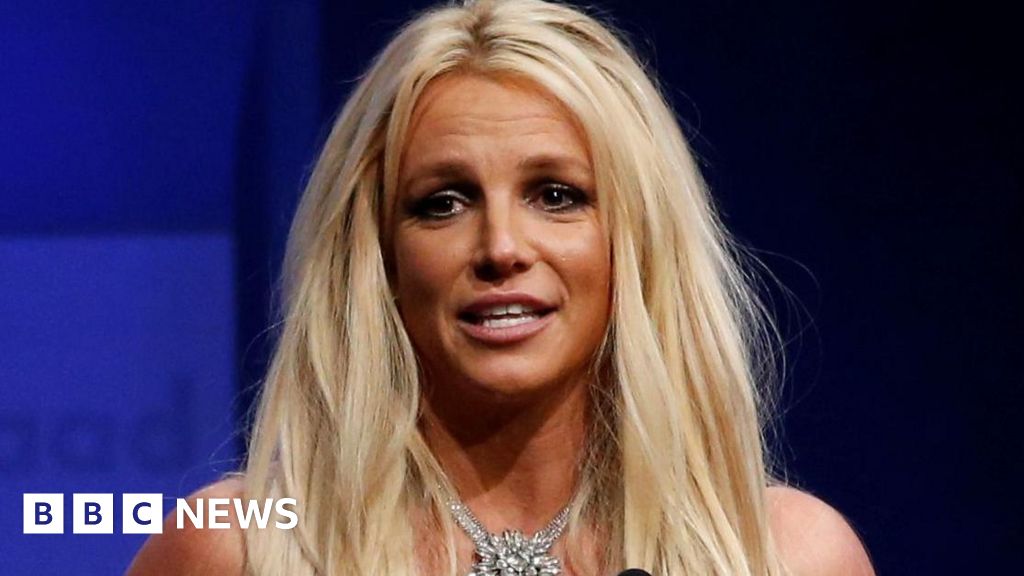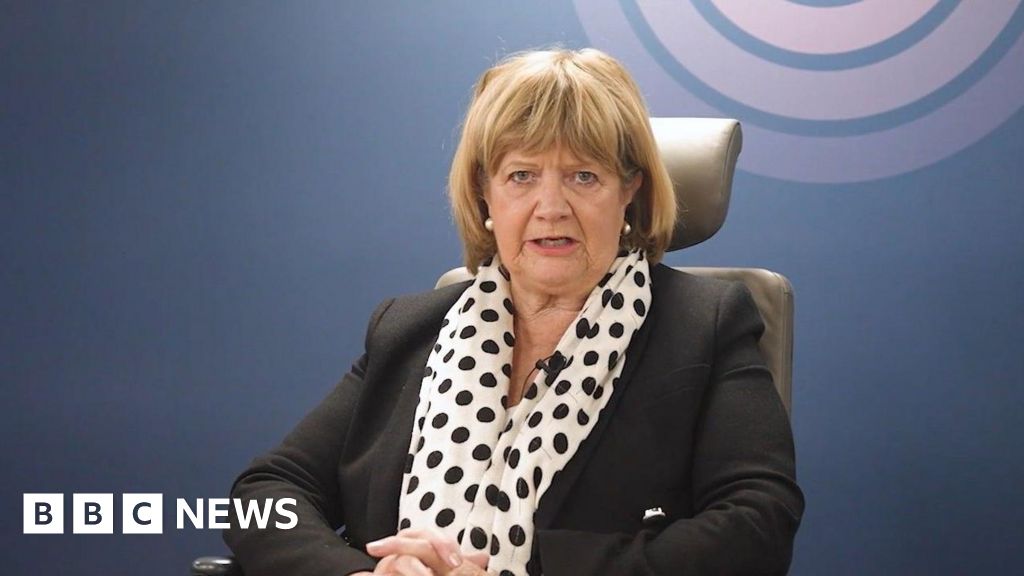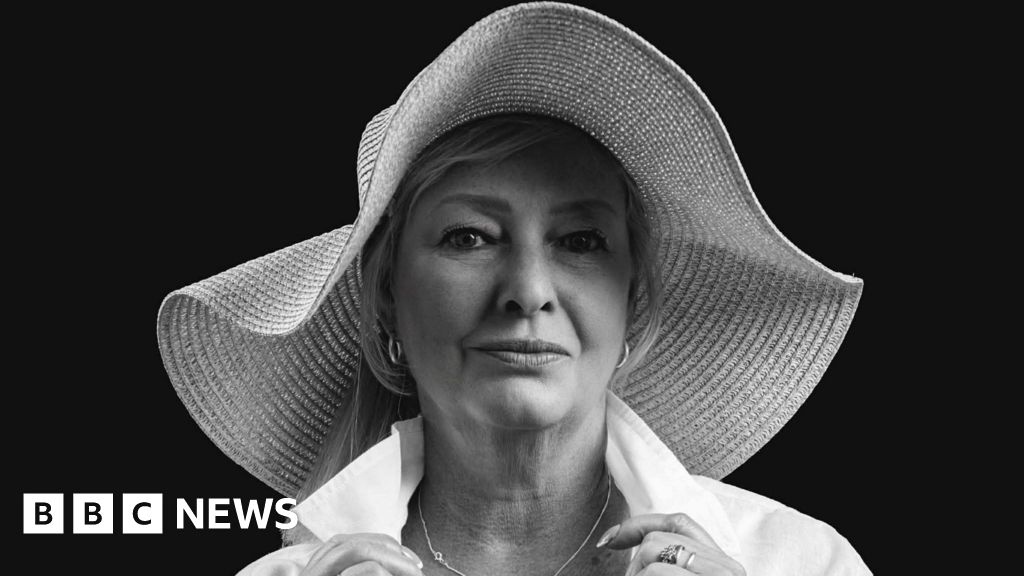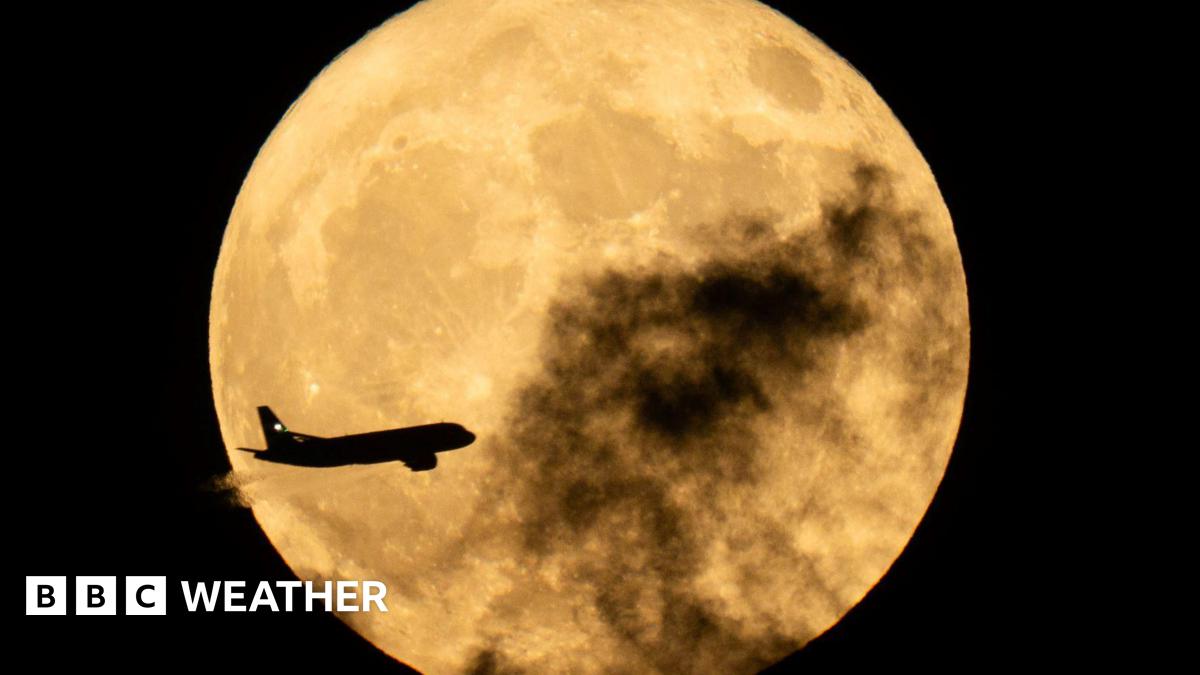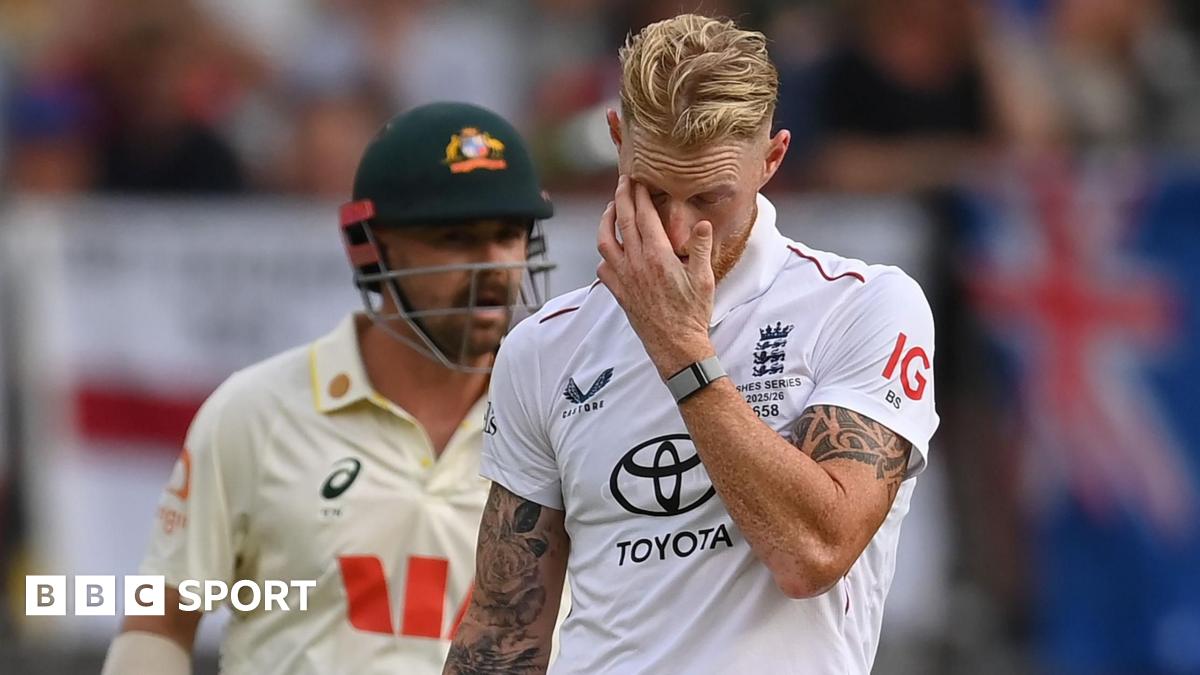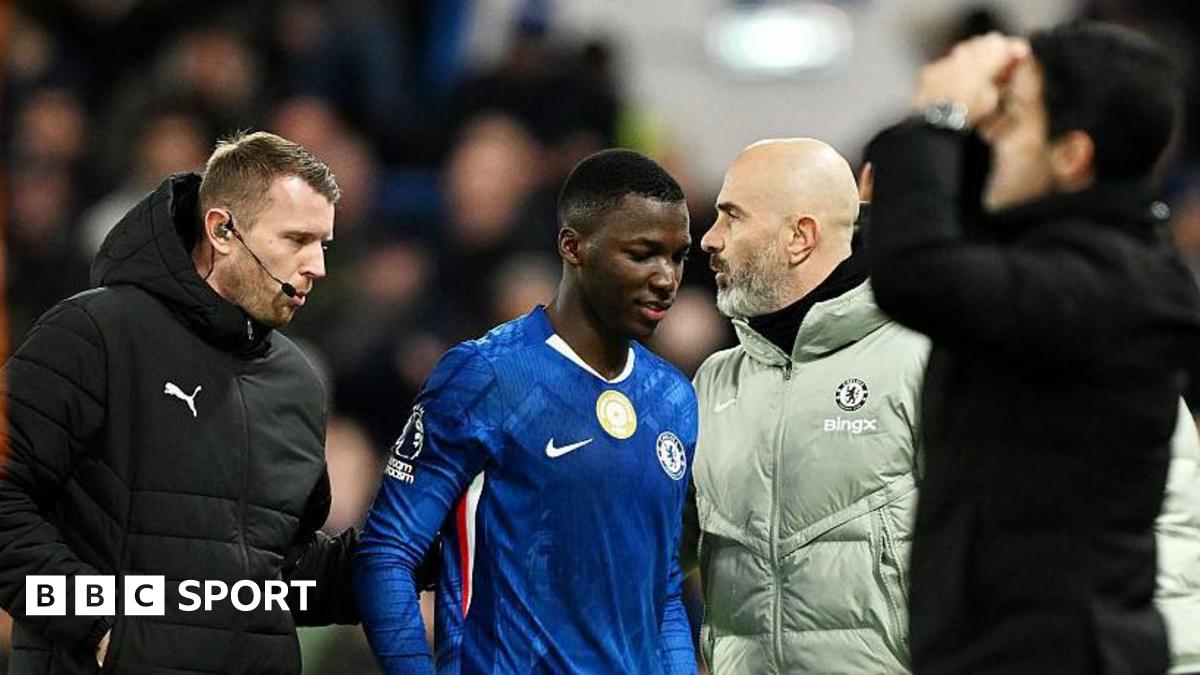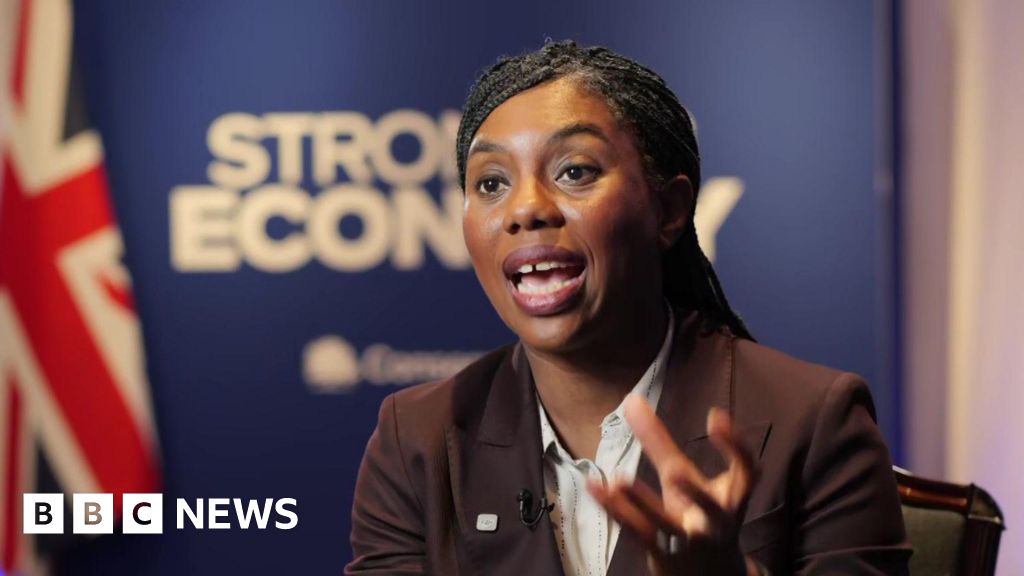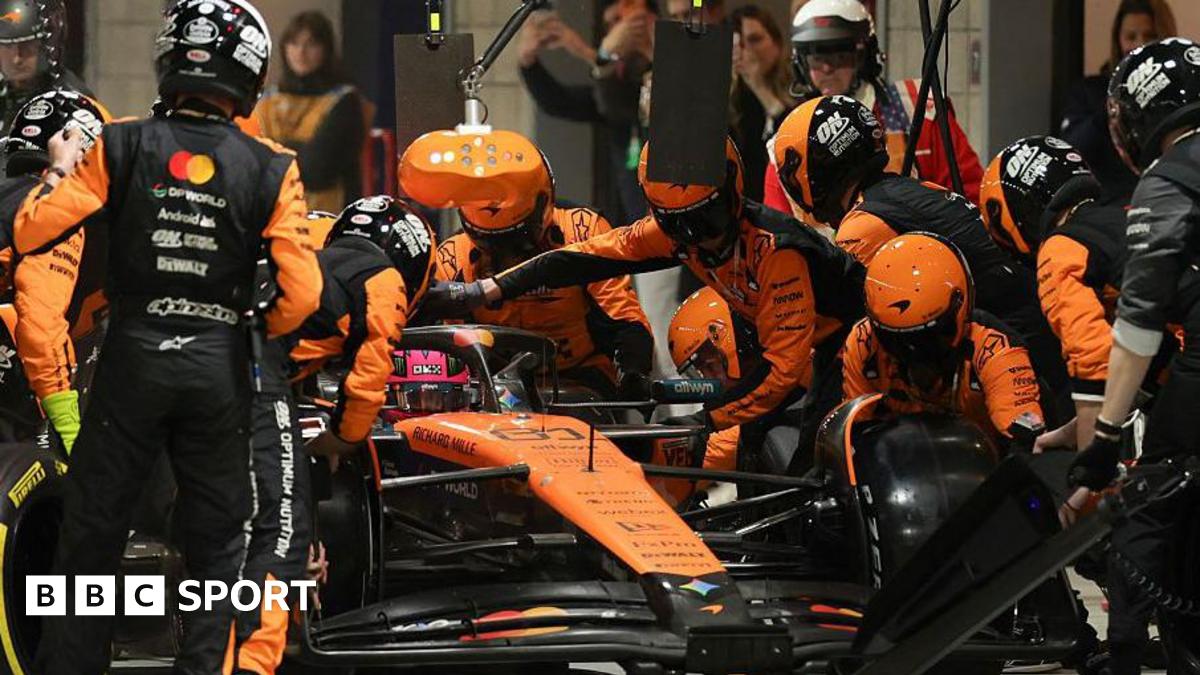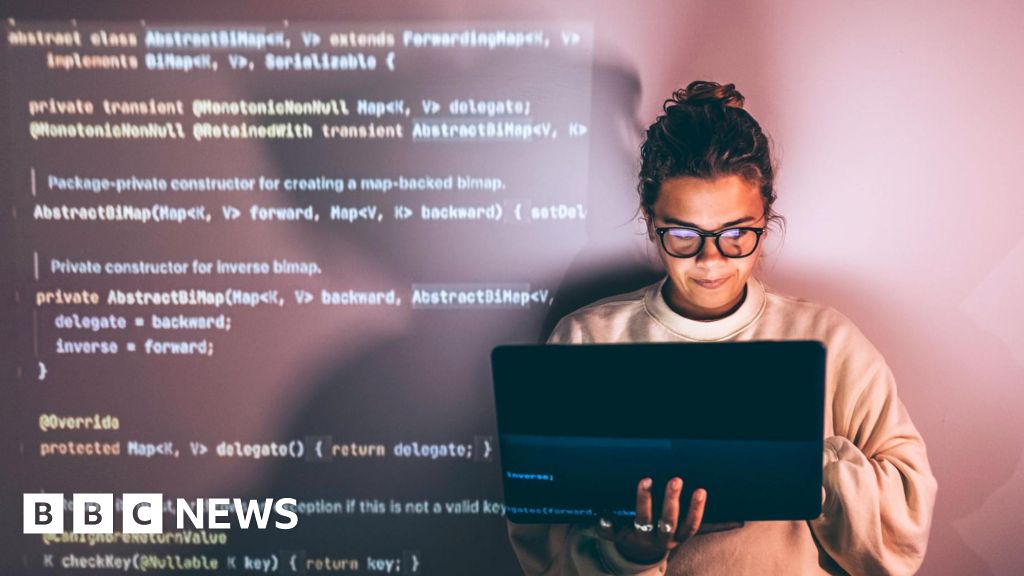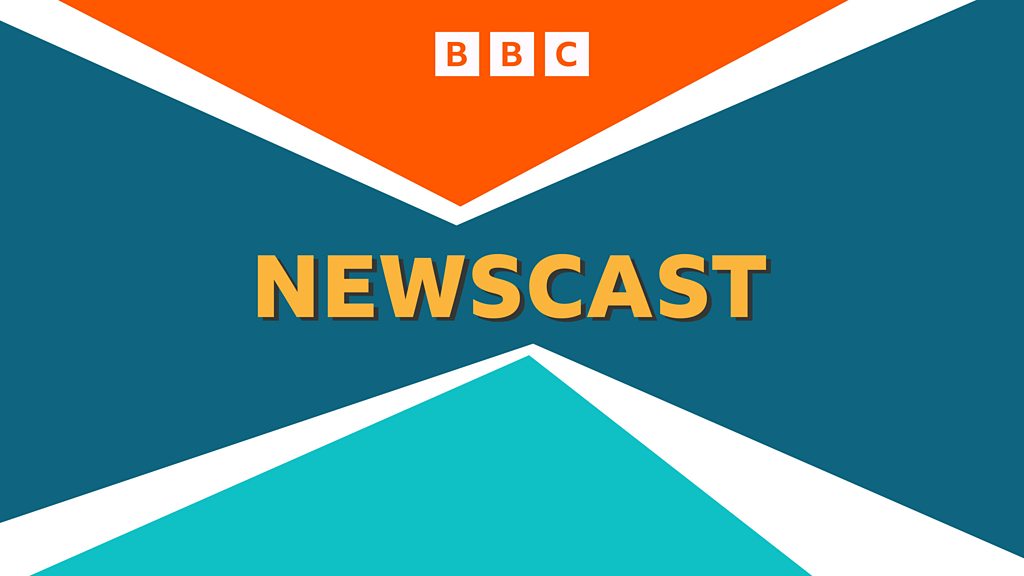Laura KuenssbergPresenter, Sunday with Laura Kuenssberg


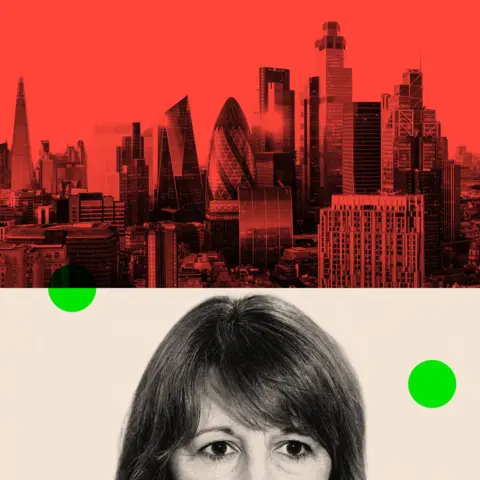 BBC
BBC
It's been a long time coming. If you feel like this Budget has been going on for ages, you'd be right.
Not just because by one senior MP's count, 13 - yes, thirteen - different tax proposals have already been floated by the government in advance of the final decisions being made public.
Or because of an ever-growing pile of reports from different think tanks or research groups making helpful suggestions that have grabbed headlines too.
But because the budget process itself has actually been going on for months.
Back in July the Chancellor Rachel Reeves had the first meeting with aides in her Treasury office to start the planning.
"Everyone was getting ready to open up the Excel," one aide recalls, but Reeves announced she didn't want any spreadsheets or Treasury scorecards.
Instead she wanted to start by working out how to pursue her top three priorities, which she scribbled down on A5 Treasury headed paper.
That trio is what she'll stick to next week: cut the cost of living, cut NHS waiting lists, and cut the national debt.
The messages to the voting public – and each containing an implicit message to the mighty financial markets: control inflation, keep spending big on public services, protecting long-term cash on things like infrastructure, and try to control spending to deal with the country's big, fat, pile of debt.
Reeves's team is confident the chancellor will be able to tick all three of those boxes on Wednesday.
But there is deep fear in her party, and scepticism among her rivals and in business, that instead, Reeves's second budget will be hampered by political constraints and contradictions.

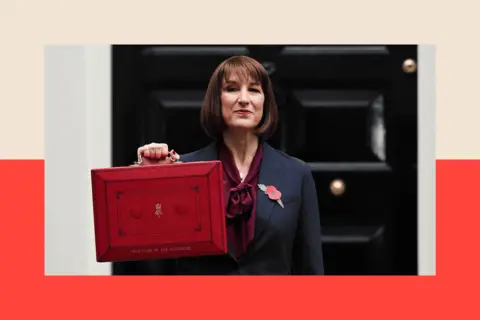 Getty Images
Getty Images
The red briefcase moment at last year's Budget
Reeves herself will no doubt refer to the restrictions placed on her before she had even walked through the door at No 11 as chancellor.
Big debts. High taxes. Years of squeezed spending in some areas leaving some parts of the public services threadbare. The arguments about the past may wear thin.
"Everyone accepts we inherited a bad position," one senior Labour figure told me, "but it's only right that people expect to see things improve."
Some of the constraints on Reeves's choices are tighter because of Labour itself.
There's the original election manifesto pledge to avoid raising the three big taxes - income tax, National Insurance and VAT - cutting off big earners for the Treasury coffers.
Then what's accepted in most government circles now as the real-world effect of the government's early doom-laden messages: things will get worse before they get better.
In the budget last year, Reeves chose only to leave herself £9bn of what's called "headroom" - in other words a bit of cash to cushion the government if times are tougher than hoped, which is, indeed, what has come to pass.
One former Treasury minister, Lord Bridges, told the Lords: "This is not a fiscal buffer; it is a fiscal wafer, so thin and fragile that it will snap at the slightest tap."
Well, it has been snapped by the official number-crunchers, the Office for Budget Responsibility, calculating that the economy is working less well than previously thought, which leaves the chancellor short of cash.
You can read more about what means here.
The size of the debts the country is already carrying mean the markets don't want her to borrow any more.
But most importantly perhaps, limits on what is possible for Reeves on cuts, spending or borrowing stem from the biggest political fact right now: this government is not popular with its own backbenchers, and it doesn't always feel like the leadership's in charge.
Downing Street has already shown it is willing to ditch plans that could save lots of money if the rank and file kick off vigorously enough.
Prime Minister Sir Keir Starmer and Reeves were forced to ditch cuts to the winter fuel allowance in 2024, and to welfare earlier this year. And there is also an expectation that extra cash is on the way.
One senior MP told me: "They need to increase the headroom, do something big on energy costs, and they have to do something for the soft left on [the] two-child cap – they have walked people up the hill."
It will be expensive, but Labour MPs have been led to expect at least some of the limits on benefits for big families to be reversed, and help with energy bills.
For some members of the government it is deeply, deeply frustrating. One told me Labour backbenchers "want everything for nothing – we should be the adults driving the car, not the kids in the back".
On Friday, as Reeves received the final numbers for her big budget moment, multiple sources pointed to other decisions the government has made that make her job harder – areas where Labour has appeared to contradict or confuse - and even undermine - its own ambitions.
On some occasions, the chancellor, backed by the prime minister, will say that getting the economy growing, helping business, is their absolute number one priority.
But their early choice to make it more expensive for companies to hire extra staff, by hiking National Insurance, was seen by many firms to point in the entirely opposite direction, and many report that pricier staff costs make growing their business much harder.

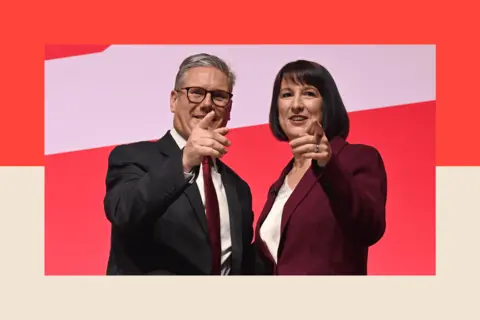
Ministers might have talked up their hope of slashing regulation: with more than 80 different regulators setting rules, you can see why.
Yet significant new protections for workers are being introduced, which means more rules.
Labour preached they'd offer political stability after years of Tory chaos. We are not in the realms of the party spinning through prime ministers at a rate of knots, at least not yet.
But endless reorganisations in No 10, very public questions about Sir Keir's leadership, and fever pitch speculation about impending budget decisions do not match the stated aims that Sir Keir was meant to end the drama.
There are specifics too. Last time Transport Secretary Heidi Alexander came on the programme she promised more help for consumers to buy electric cars, making them cheaper to own.
But as Alexander prepares to return to the studio, the chancellor is rumoured to be adding a new pay-per-mile charge for electric vehicles, which would make them harder to afford.
Late on Friday there were still negotiations in Whitehall over whether to make the tax on oil and gas companies less brutal, with some ministers arguing to soften the edges so that firms don't pull out of the North Sea, taking their future investments in renewable energy elsewhere.
The contradiction being that Labour promises there'll be savings on bills and thousands of jobs on offer if energy firms move faster to green power.
But the tax, which they increased last year, could drive some of those same companies away, and with it the promise of future growth. No government has complete purity of policy across the board.
In an organisation that spends more than a trillion pounds a year and makes thousands of decisions every week, it's daft to imagine they can all be perfectly in line with a broader goal.
But even on Sir Keir's own side, as we've talked about many times, a common complaint about this government is a lack of clarity about its overall purpose.
One frustrated senior figure told me recently sometimes they wonder: "What are we all actually doing here?"
Pressure from the markets means it's hard for the chancellor to borrow any more. Labour's backbenchers would be allergic to any chunky spending cuts. And big tax rises aren't exactly top of the list for a restless public with an unpopular government.
The realities of politics can often make it hard for governments to make smart economic choices. The realities of economics can often make it hard for governments to make the best political decision.
On Wednesday, Reeves will have to credibly combine the two, with a set of choices that will shape this troubled government's future.


BBC InDepth is the home on the website and app for the best analysis, with fresh perspectives that challenge assumptions and deep reporting on the biggest issues of the day. You can now sign up for notifications that will alert you whenever an InDepth story is published - click here to find out how.

 3 months ago
70
3 months ago
70



